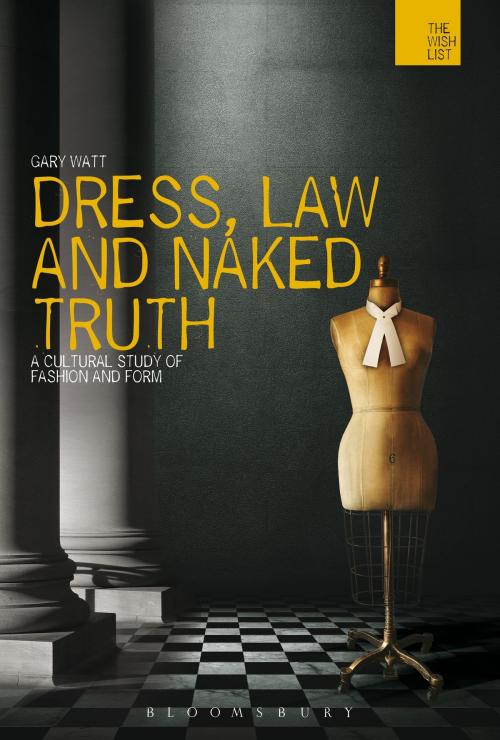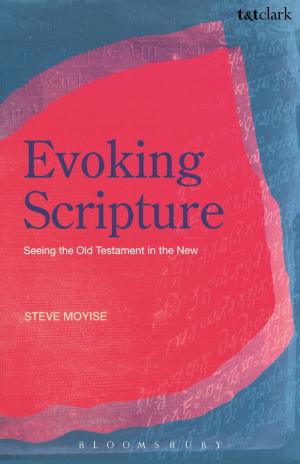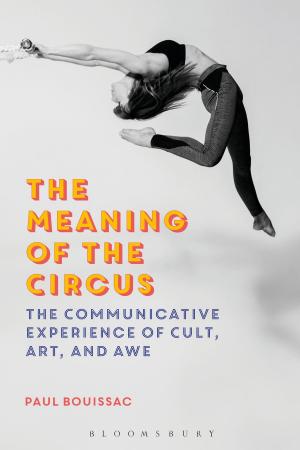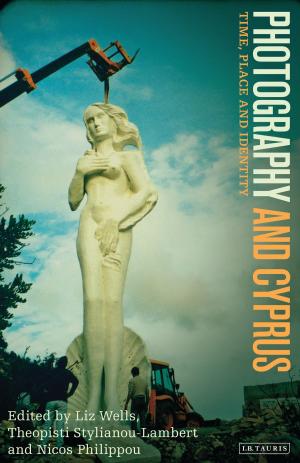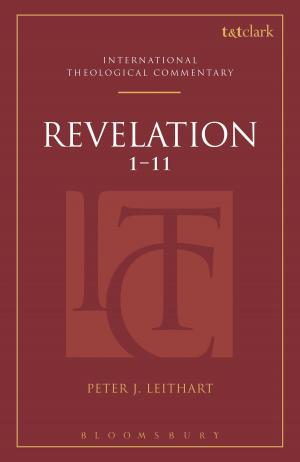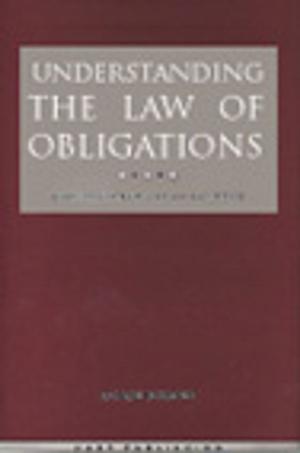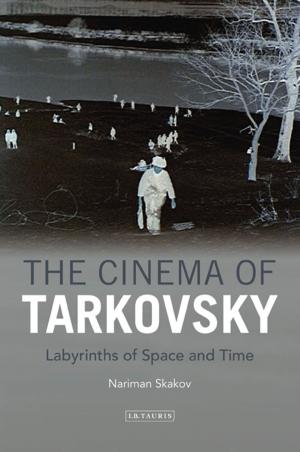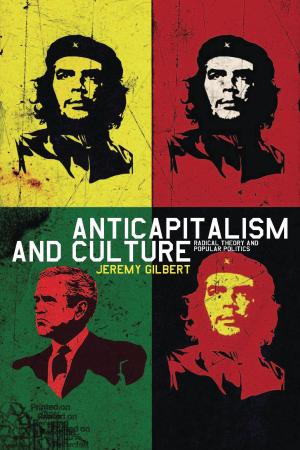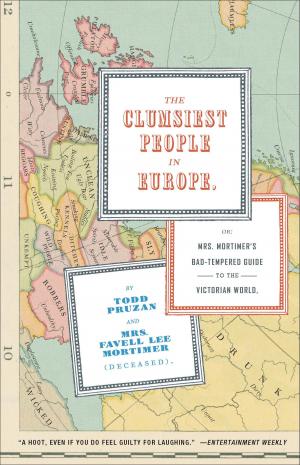Dress, Law and Naked Truth
A Cultural Study of Fashion and Form
Nonfiction, Social & Cultural Studies, Social Science, Anthropology| Author: | Professor Gary Watt | ISBN: | 9781472500434 |
| Publisher: | Bloomsbury Publishing | Publication: | August 22, 2013 |
| Imprint: | Bloomsbury Academic | Language: | English |
| Author: | Professor Gary Watt |
| ISBN: | 9781472500434 |
| Publisher: | Bloomsbury Publishing |
| Publication: | August 22, 2013 |
| Imprint: | Bloomsbury Academic |
| Language: | English |
Why are civil authorities in so-called liberal democracies affronted by public nudity and the Islamic full-face 'veil'? Why is law and civil order so closely associated with robes, gowns, suits, wigs and uniforms? Why is law so concerned with the 'evident' and the need for justice to be 'seen' to be done? Why do we dress and obey dress codes at all? In this, the first ever study devoted to the many deep cultural connections between dress and law, the author addresses these questions and more. His responses flow from the radical thesis that 'law is dress and dress is law'.
Engaging with sources from The Epic of Gilgamesh to Shakespeare, Carlyle, Dickens and Damien Hirst, Professor Watt draws a revealing history of dress and civil order and offers challenging conclusions about the nature of truth and the potential for individuals to fit within the forms of civil life.
Why are civil authorities in so-called liberal democracies affronted by public nudity and the Islamic full-face 'veil'? Why is law and civil order so closely associated with robes, gowns, suits, wigs and uniforms? Why is law so concerned with the 'evident' and the need for justice to be 'seen' to be done? Why do we dress and obey dress codes at all? In this, the first ever study devoted to the many deep cultural connections between dress and law, the author addresses these questions and more. His responses flow from the radical thesis that 'law is dress and dress is law'.
Engaging with sources from The Epic of Gilgamesh to Shakespeare, Carlyle, Dickens and Damien Hirst, Professor Watt draws a revealing history of dress and civil order and offers challenging conclusions about the nature of truth and the potential for individuals to fit within the forms of civil life.
